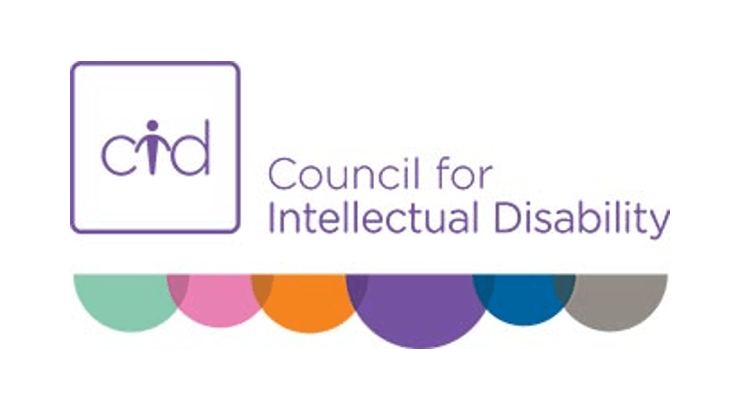
Beware of new contracts for residents of group homes!
Residents of Ageing Disability and Home Care (ADHC) group homes will be left vulnerable to eviction at short notice under the one-sided contracts they are being asked to sign with their new provider organisations.
The new organisations, chosen by ADHC to take over the group homes linked to their handover to the NDIS, include accommodation providers who act as landlords, and service providers who manage support services.
We will leave it up to you to decide who has more choice, voice and control under these new agreements.
What the contracts say:
- The accommodation provider can evict a resident for any reason with 90 days’ notice (or 30 days’ notice if a resident is causing serious risk to staff or other residents).
- The service provider can stop providing a resident with services with 90 days’ notice (or 30 days if a resident is posing serious risk of harm).
- Residents cannot change their service provider for 2 years unless they move out of their home.
- Before taking away a resident’s accommodation or support, the providers do have to organise a meeting to talk about whether the resident needs additional supports. But this is a promise to talk, not a guarantee to fix the problem.
Contracts fail to meet NDIA standards
Council for Intellectual Disability (CID) says the contracts with service providers are in breach of NDIA ‘Terms of Business’ which say that a provider may not withdraw services without allowing a person enough time to find a new provider.
ADHC, who wrote these contracts, has pointed out to CID that the eviction provisions are in line with NDIA Terms of Business for accommodation providers. That may technically be the case, but we would be surprised if the NDIA had the tender out of the NSW houses in mind when their terms of business were drafted.
Cutting holes in the safety net
ADHC has been running group homes in NSW for over 40 years. There has always been an understanding that residents can continue to live in an ADHC group home for as long as they want and need to. This has included people with complex challenging behaviour whose needs the non-government sector has often struggled with.
CID is extremely alarmed that such one-sided contracts are being presented to group home residents and their families. We expect that service providers will assure residents that they will not evict people without a very good reason. However, the contracts mean that residents will feel under threat.
These contracts reinforce the concerns of families of people with challenging behaviour that new service providers will find it too hard to meet some residents’ needs and force these residents out of their long-standing home.
The unfairness of these contracts is even starker when you compare what security is being provided to different players.
- The new accommodation providers get 5-10 year leases of the houses. Residents could be evicted on 30-90 days’ notice.
- Service providers are guaranteed 2 years running the houses, but they can withdraw services from a resident with as little as 30 days’ notice. Residents cannot change their provider for 2 years unless they move out.
- House staff are guaranteed 2 years employment on their existing conditions.
The NDIS should be providing the opportunity for group home residents and their families to consider whether they want to move to more individualised support arrangements. So far, the transfer of ADHC clients into the NDIS has been more about what ADHC calls “continuity of care”. These contracts create major insecurity of care for group home residents, especially those with challenging behaviour.
CID calls on
- the NSW Government to withdraw the proposed contracts.
- the NDIA to fix its Terms of Business so that they do not justify unfair accommodation contracts.
- service providers not to use the ADHC drafted contract and to offer contracts that provide choice, control and security for people with disability.
CID is highly concerned that residents and their families may feel pressured to sign 20 page contracts without properly understanding them, or agreeing with them. Families would not normally have legal authority to sign the contracts on behalf of a resident.
If residents or their families want legal advice in relation to these contracts, they can contact the Intellectual Disability Rights Service on:
Telephone – 02 9318 0144
Fax – 02 9318 2887
Website – www.idrs.org.au
Email – info@idrs.org.au



 1800 424 065
1800 424 065 














